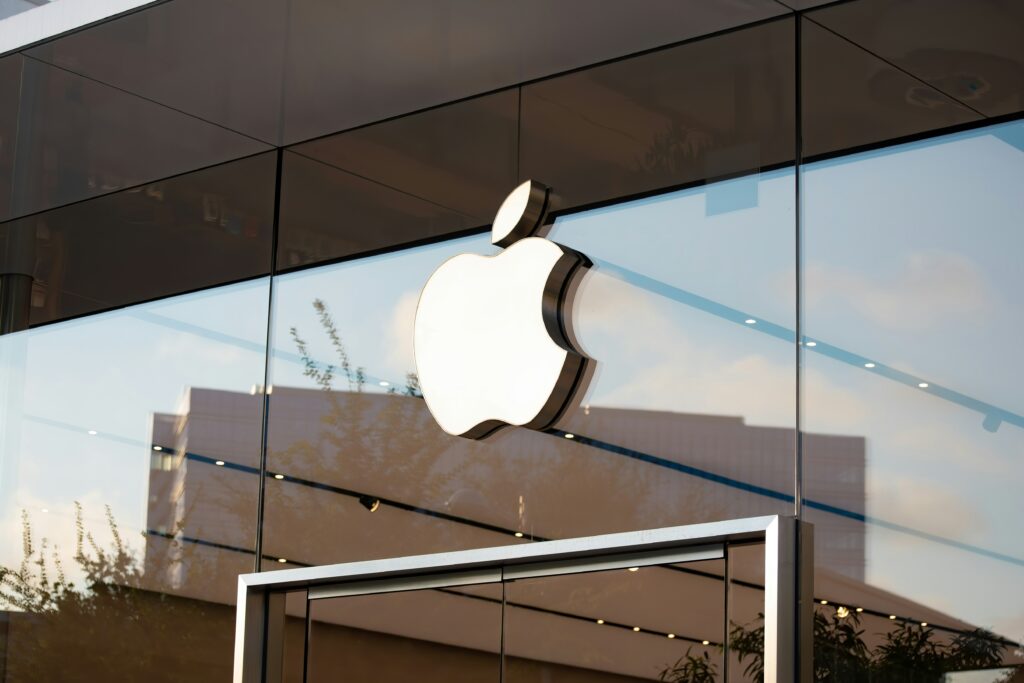Strong iPhone demand lifted Apple’s revenue in the July–September quarter, ending its fiscal year with record profits. Apple posted stronger-than-expected results despite the global trade war and its delayed entry into the AI race.
The iPhone 17 launch last month fuelled the surge. “Apple proudly reports a September quarter record of $102.5 billion in revenue,” said CEO Tim Cook. “This includes record iPhone and Services income.” The company earned $27.5 billion (€23.8bn), nearly doubling its profit from last year. Apple’s stock gained 2% in after-hours trading.
Apple redesigned the iPhone 17 with a sleek “liquid glass” display while keeping prices steady. The company absorbed $1.1 billion (€950m) in tariffs on devices produced in India and China, with another $1.4 billion (€1.2bn) expected next quarter. iPhone sales reached $49 billion (€42.4bn), up 6% from last year but short of analysts’ 8% forecast.
Ben Barringer from Quilter Cheviot noted, “Mac sales rose 12%, iPhone 6%, while iPad and wearables stayed flat.” He said weak Chinese demand pulled sales down 4% due to supply constraints and forecasting errors. IDC estimated Apple sold 58.6 million iPhones globally, trailing Samsung’s 61.4 million. For the full fiscal year, Apple’s net income climbed 20% to a record $112 billion (€96.8bn).
Holiday Forecasts Spark Optimism
Tim Cook told analysts he expects the iPhone 17 to remain a strong performer through the holiday season. Chief financial officer Kevan Parekh projected at least a 10% sales increase from last year’s festive period, with overall revenue rising at a similar pace.
Barringer commented, “Apple’s Q1 guidance of 10–12% growth looks solid heading into Christmas, supported by iPhone 17 demand.”
Investors Eye Apple’s AI Catch-Up
Apple’s market value topped $4 trillion after IDC’s report hinted at record iPhone sales. Analysts expect shares to hit new highs as trading resumes Friday. Yet some investors question Apple’s long-term appeal as competitors like Nvidia and Microsoft lead the AI revolution.
Apple delayed several promised AI upgrades for last year’s iPhones, including a smarter Siri, now expected next year. Barringer warned, “With China uncertainty and faster-growing peers, investors may look elsewhere temporarily.”
Still, Apple has a history of entering markets late and then dominating them. Analyst Dan Ives predicted that if Apple successfully integrates advanced AI into future iPhones, its market value could grow by $1–1.5 trillion (€860bn–€1.3tr), adding $75–$100 per share.



